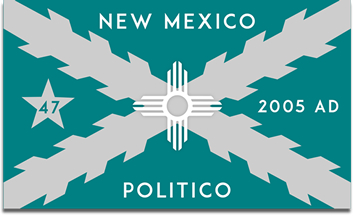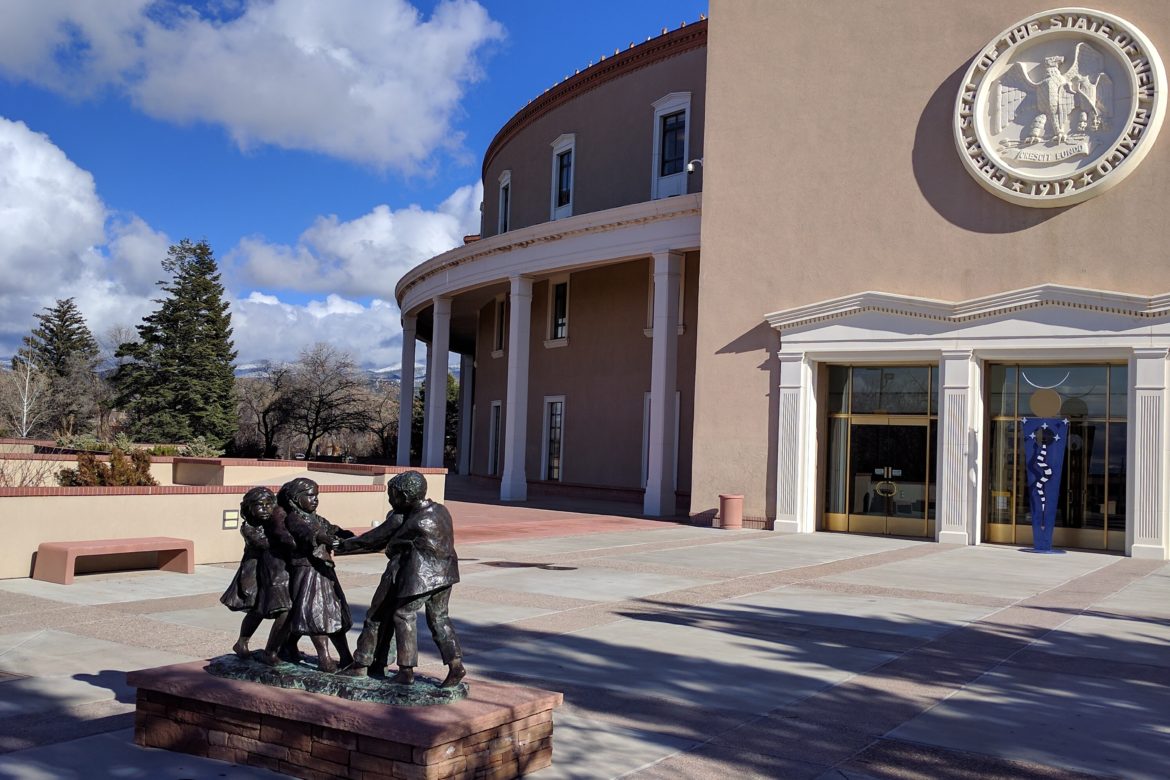“Ethics” and “politics” are often words we think of as polar opposites, but many states are trying to improve how they handle ethical issues involving public officials. As of this year, 44 states have ethics commissions, which are responsible for investigating ethical issues regarding legislators, state employees, candidates, etc. New Mexico is one of the 6 states that does not yet have one. On the ballot this election is a constitutional amendment which gives New Mexicans the option to vote for or against the establishment of an ethics commission in our state.
New Mexico is no stranger to political corruption. Earlier this year, former state senator Phil Griego was sentenced to 18 months in prison for bribery and fraud. In August, he was sentenced to an additional year for crimes related to his campaign account. Griego is by no means the first or only New Mexico politician to serve time for these types of crimes. Former Secretary of State Dianna Duran also served jail time after gambling with money from her campaign account. Perhaps most infamously, another former state senator, Manny Aragon, stole millions of dollars from the Bernalillo County Metropolitan Courthouse construction funds. Clearly, our politicians could do with a lesson in ethical behavior.
The proposed ethics commission would consist of seven members who would investigate allegations of ethics violations by state officials, government contractors, legislators, and candidates. The commission would be able to subpoena witnesses for evidence during these investigations, and would offer up advisory opinions regarding ethical issues. To prevent any single party from having too much influence on the commission, there would be no more than three members on the commission from the same party.
Existing ethics commissions in other states have historically had varying degrees of success. North Carolina established its ethics commission in 2006, and in 4 years received over 300 ethics complaints, but was only able to investigate 18 of them. Many state ethics commissions struggle to keep up with the workload presented to them because they are severely understaffed or have tight budgets, while many choose not to take any action at all because the officials they investigate control the funding of the ethics commission. One can only hope that if New Mexico does end up establishing an ethics commission after Election Day that we learn from the issues other states have had with them and make improvements.
It can be argued that simply voting for an ethics commission is a step in the right direction, because it shows politicians and other public officials that their constituents actually care about ethical behavior and are no longer willing to tolerate those who try to cheat the system or use their positions of power for personal gain. Time will tell whether or not our ethics commission would be effective in investigating future violations, but at least voting for it sends a clear message: We are done with the Manny Aragons and Phil Griegos that think that they are untouchable. The people want them to be held accountable for their actions.
An ethics commission is not the only solution to our politicians’ unethical behavior. Electing ethical candidates is partly up to us. Being informed about the candidates before voting for them is our responsibility. We can all do a bit of background research on candidates before voting to determine if they are generally ethical people or if they have had scandals in the past that might raise a red flag. While there is no quick fix to policing our public officials’ behavior, establishing an ethics commission is an important step to take. There are many factors that go into ensuring the people we elect will stay on the straight and narrow, and voting for this amendment is one way to do so.

